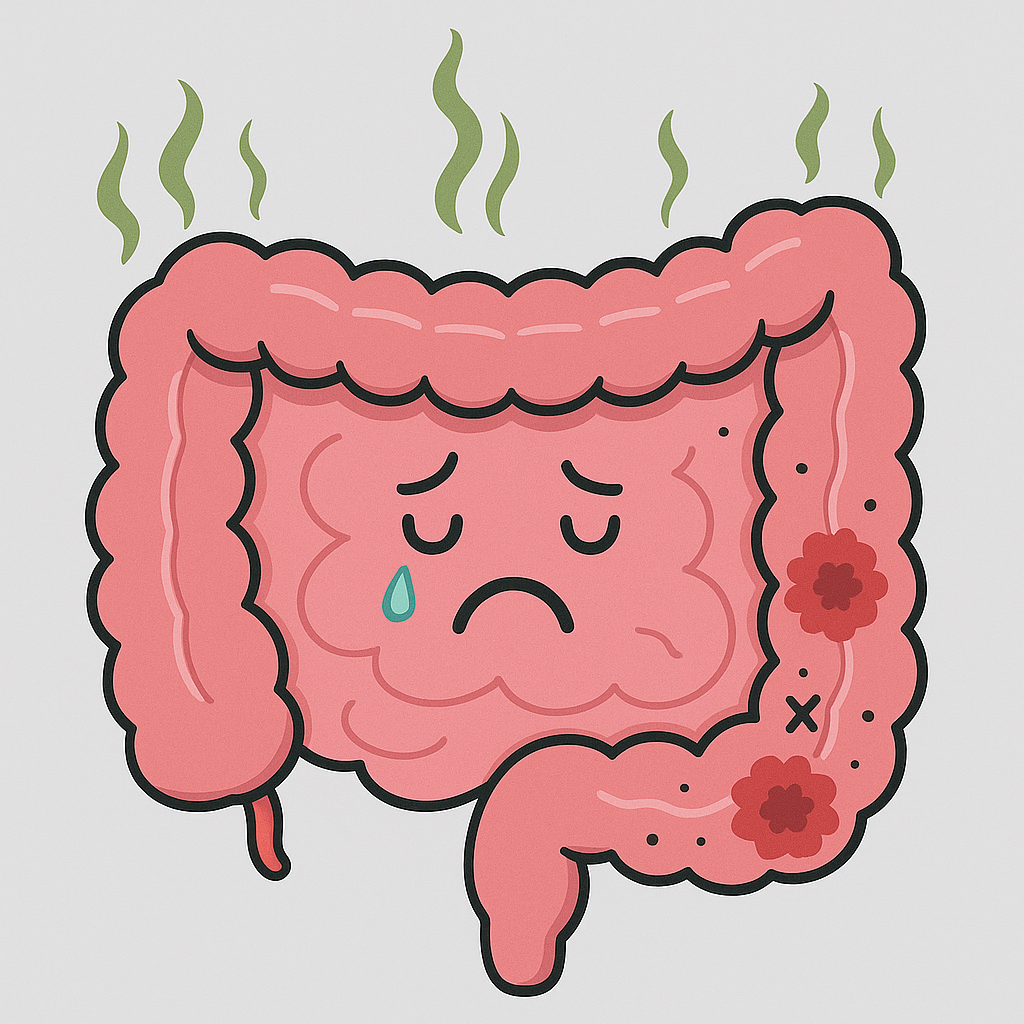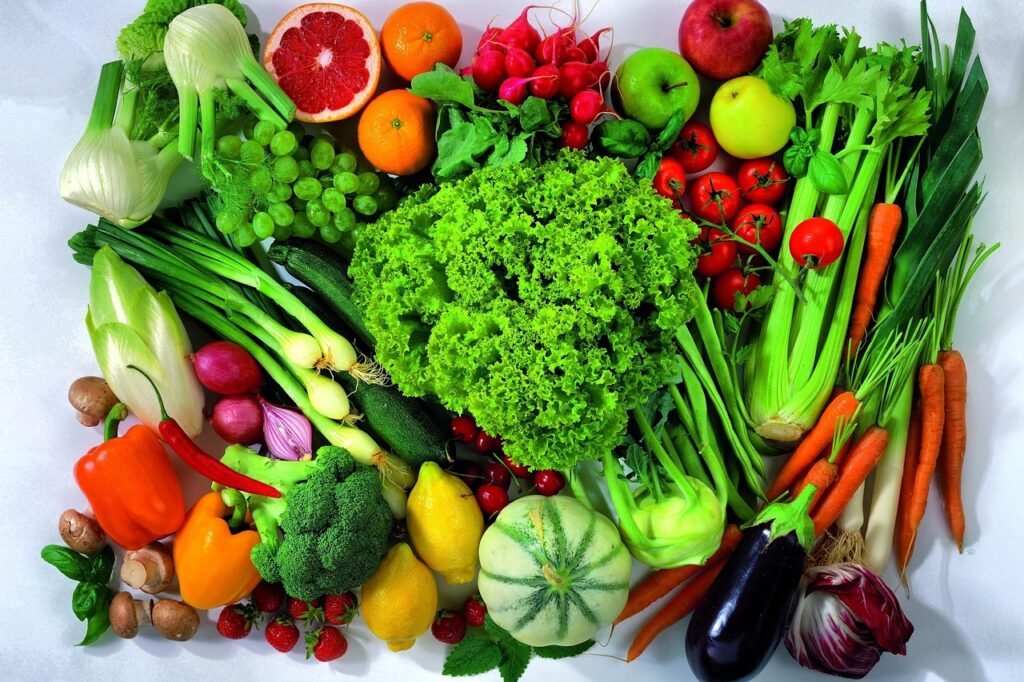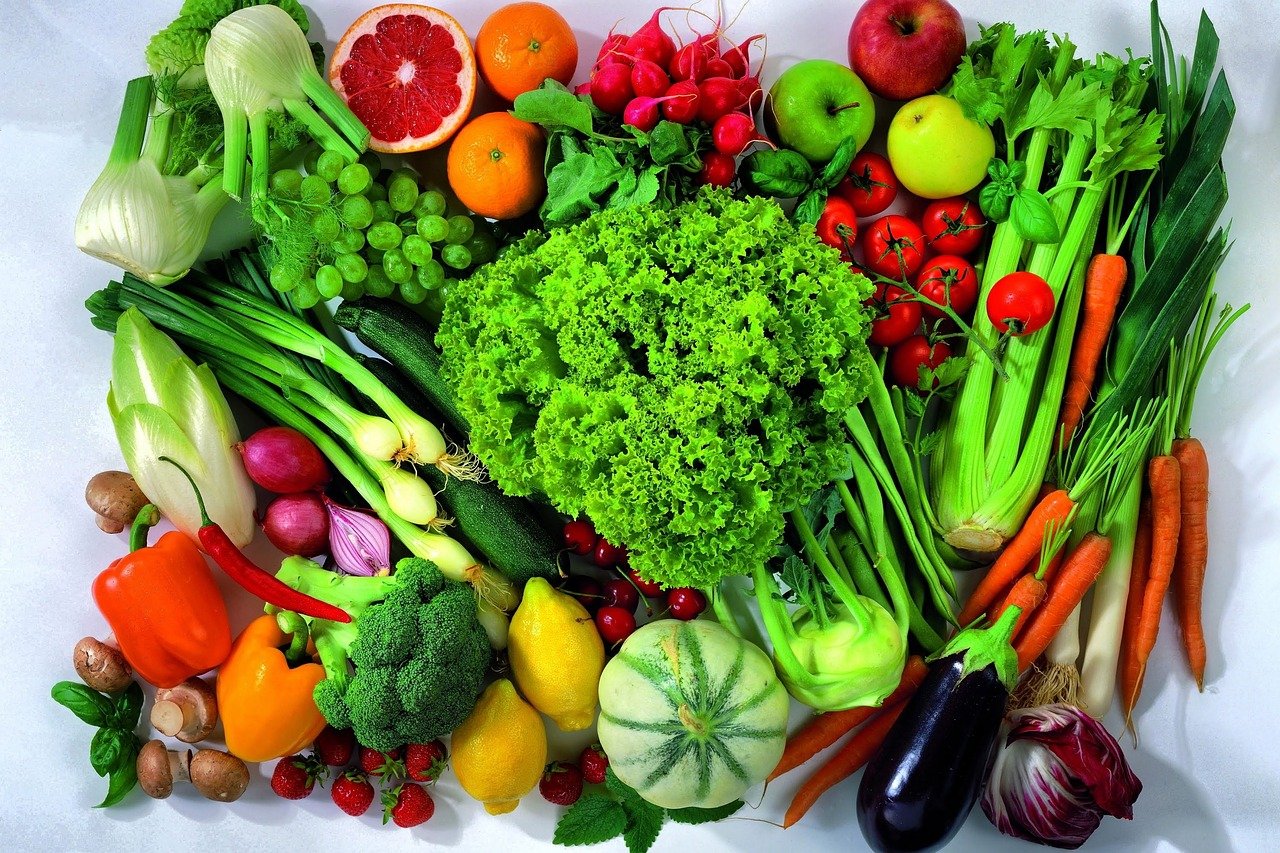Feeling Off? It Might Be Your Gut.

Feeling bloated, sluggish, or just not quite yourself lately? You’re not alone. So many of us walk around feeling “off,” blaming it on stress or a bad night’s sleep. But what if the root cause is hiding in plain sight, right in your digestive system?
Think of your gut as the bustling command center of your body. It’s not just for digesting food; it’s a complex ecosystem that influences your mood, immune system, skin clarity, and energy levels. When it’s out of balance, your whole body feels it.
The good news? You don’t need expensive supplements or drastic diets to get back on track. In this guide, we’ll break down simple, powerful, and natural ways to heal your gut. Let’s explore how you can improve your gut health naturally and start feeling like your best self again.
First, Let’s Listen: Signs of an Unhealthy Gut

Before we dive into the solutions, it’s important to recognize the signals your body might be sending. An unhappy gut doesn’t always scream with stomach pain. It often whispers.
Common signs of an imbalanced gut microbiome include:
- Digestive Discomfort: Frequent gas, bloating, constipation, or diarrhea.
- Constant Fatigue: If your gut struggles to absorb nutrients, your energy levels can plummet.
- Skin Issues: Eczema, acne, and rosacea have all been linked to gut inflammation.
- Mood Swings & Anxiety: Ever heard of the “gut-brain axis”? Your gut produces a huge amount of serotonin (the “happy chemical”). An unhealthy gut can directly impact your mental well-being.
- Frequent Colds: About 70% of your immune system resides in your gut. If you’re always getting sick, your gut health could be the culprit.
- Unexplained Sugar Cravings: Bad gut bacteria thrive on sugar and can send signals to your brain demanding more of it.
If any of these sound familiar, don’t worry. You’re in the right place to start making a change.
The Foundation: Fueling Your Gut with the Right Foods

You are what you eat—and your gut bacteria are, too. Nurturing your gut microbiome is the single most effective way to improve your gut health naturally. Here’s how to build a gut-friendly plate.
1. Feed the Good Guys with Prebiotic Fiber
Think of prebiotics as fertilizer for the good bacteria already living in your gut. They are types of fiber that your body can’t digest, so they travel to your lower digestive tract, where they become food for healthy microbes.
Actionable Tip: Aim to include a few of these in your daily meals:
- Vegetables: Onions, garlic, leeks, asparagus, Jerusalem artichokes.
- Fruits: Bananas (especially slightly green ones), apples.
- Grains & Legumes: Oats, barley, lentils, chickpeas.
Start slowly if you’re not used to a high-fiber diet to avoid temporary bloating as your gut adjusts.
2. Introduce Probiotic Powerhouses
Probiotics are the “good guys” themselves—live beneficial bacteria that help restore balance to your gut. While supplements exist, getting them from food is a fantastic and delicious approach. Fermented foods are your best friends here.
Actionable Tip: Try incorporating one serving of a fermented food each day:
- Yogurt & Kefir: Look for “live and active cultures” on the label and choose plain, unsweetened varieties. Kefir is like a drinkable yogurt and often contains a wider variety of probiotic strains.
- Sauerkraut & Kimchi: These fermented cabbage dishes are packed with probiotics. Look for raw, unpasteurized versions in the refrigerated section of your grocery store.
- Kombucha: A fizzy, fermented tea. Be mindful of the sugar content, as some brands can be loaded with it.
- Miso: A fermented soybean paste used in Japanese cooking. Perfect for soups and marinades.
3. Eat the Rainbow with Polyphenols
Polyphenols are plant compounds that act as antioxidants and also feed your good gut bacteria. The easiest way to get more of them? Eat a wide variety of colorful plant foods.
Actionable Tip: Challenge yourself to add more color to every meal.
- Berries: Blueberries, raspberries, and strawberries are polyphenol superstars.
- Dark Chocolate: Yes, you read that right! Choose a high-cocoa content (70% or more).
- Green Tea: A wonderful source of gut-boosting polyphenols.
- Olive Oil: Extra virgin olive oil is another great source.
- Nuts & Seeds: Almonds, walnuts, and flaxseeds are excellent choices.
4. Reduce What Harms Your Gut
Improving your gut health is as much about what you remove as what you add. Certain foods can promote inflammation and feed the “bad” gut bacteria.
- Ultra-Processed Foods: These are often packed with preservatives, unhealthy fats, and additives that can disrupt your gut lining.
- Excessive Sugar: “Bad” bacteria and yeast love sugar. Cutting back can help starve them out and reduce cravings over time.
- Artificial Sweeteners: Some studies suggest that sweeteners like aspartame and sucralose can negatively alter the gut microbiome.
You don’t have to be perfect. Focus on reduction, not total elimination. The 80/20 rule (eating well 80% of the time) is a great, sustainable approach.
Beyond Food: Lifestyle Habits for a Happy Gut

You can’t eat your way out of a stressful, sleep-deprived lifestyle. To truly improve your gut health naturally, you need a holistic approach that addresses your daily habits.
1. Master Your Stress
The gut-brain axis is a two-way street. Stress can wreak havoc on your gut, and an unhealthy gut can increase your stress levels. Breaking this cycle is a game-changer.
Actionable Tip: Find a stress-management technique that works for you and practice it daily.
- Deep Breathing: Just 5 minutes of slow, deep belly breathing can activate your parasympathetic nervous system (“rest and digest” mode).
- Mindfulness or Meditation: Apps like Calm or Headspace can guide you.
- Time in Nature: A simple walk outside can significantly lower stress hormones.
2. Prioritize Quality Sleep
Your body does its best repair work while you sleep, and that includes your gut. Poor sleep has been shown to negatively impact the diversity of your gut microbiome.
Actionable Tip: Aim for 7-9 hours of quality sleep per night.
- Create a Routine: Go to bed and wake up around the same time each day.
- Optimize Your Bedroom: Make it dark, quiet, and cool.
- Limit Screen Time: Avoid screens for at least an hour before bed, as the blue light can interfere with melatonin production.
3. Move Your Body (Gently)
Regular, moderate exercise is fantastic for your gut. It can help stimulate digestion and increase the diversity of your gut bacteria. However, overly intense exercise can sometimes cause digestive stress, so it’s all about balance.
Actionable Tip: Aim for 30 minutes of moderate movement most days of the week.
- Brisking walking, jogging, cycling, yoga, and swimming are all excellent choices. The key is consistency.
4. Stay Hydrated
Water is essential for every bodily function, including digestion. It helps break down food and is crucial for fiber to do its job properly, preventing constipation.
Actionable Tip: Sip water throughout the day. Keep a reusable water bottle with you as a visual reminder. If you find plain water boring, infuse it with lemon, cucumber, or mint.
Your Simple Plan to Get Started Today

Feeling overwhelmed? Don’t be. You don’t have to do everything at once. Small, consistent changes are the key to lasting success.
Here’s a simple 3-step plan to kickstart your journey:
- Add One Thing: This week, just focus on adding one new gut-friendly food to your daily routine. Maybe it’s a cup of kefir in the morning or a side of sauerkraut with dinner.
- Take 5 for Stress: Commit to 5 minutes of deep breathing every single day. Set a reminder on your phone.
- Walk It Out: Go for a 15-minute walk after your biggest meal of the day.
That’s it. Start there. Once these become habits, you can slowly incorporate more of the tips from this guide.
Conclusion: Your Gut Is Your Ally
Improving your gut health is one of the most powerful things you can do for your overall well-being. It’s not about a quick fix; it’s about building a sustainable, nurturing relationship with your body. By focusing on whole foods, managing stress, prioritizing sleep, and moving your body, you give your gut the tools it needs to thrive.
Listen to your body, be patient with yourself, and celebrate the small wins. Your journey to improve your gut health naturally starts now, and the rewards—more energy, a clearer mind, and a happier body—are well worth it.

